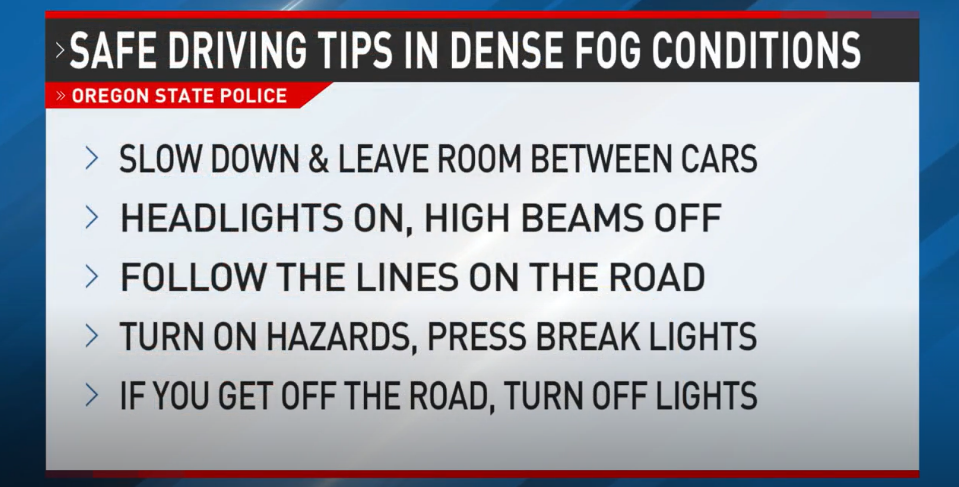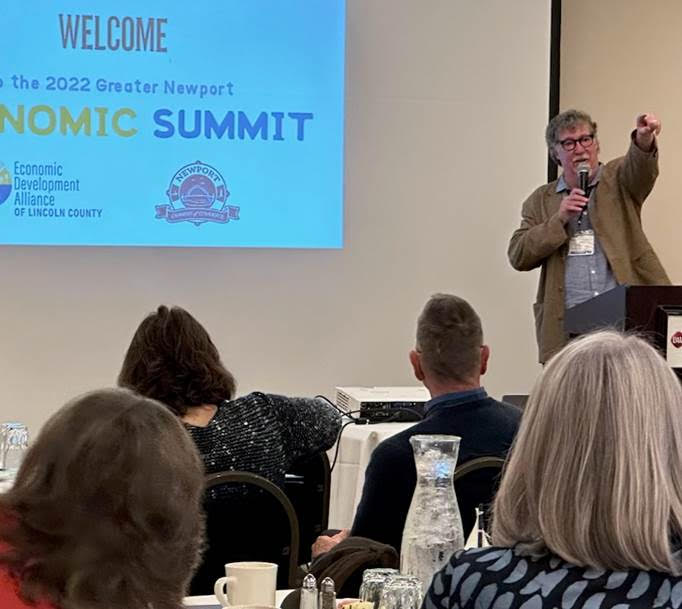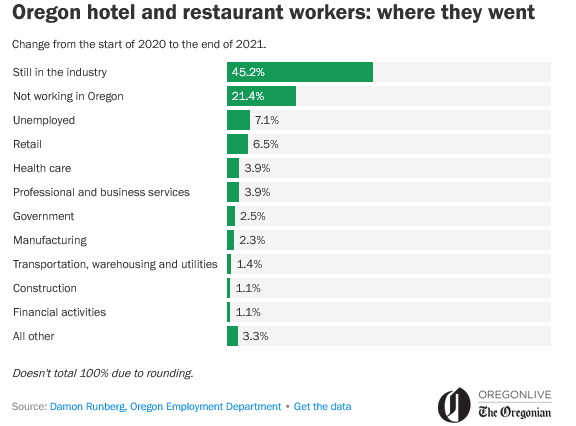By Representative David Gomberg, House District 10
I thought I’d begin my report this week with a few words about fog and hot air. After all – it is election season!
Driving home carefully through the fog Saturday night, I was thinking about our change of seasons. Here at the coast, we get fog in the fall. And in the summer, we get fog too! So much for change! And why is it foggy here when it is sunny everywhere else?
Now I’m no meteorologist, but I think the answer is that in winter we get low damp clouds and in summer, incoming mist off the ocean.
According to a story in Beach Connection, it’s quite complex but comes down to temperature and the pressure differences between the inland and the coast. Essentially, hot air to the east rises, and this causes low pressure there. Meanwhile, the ocean is much colder and that creates high pressure. Higher-pressure air likes to move into lower-pressure regions, so you get the moist, marine layer of the ocean getting pulled off the top layer of the water. All that moisture is sitting low. So it gets moved eastward toward the shoreline and beyond.
Said another way, hot air rises. So, when inland areas get very warm, the air above them, as a whole, starts to rise. When the air rises, it has to be replaced, so moist, cool marine air is drawn in off the ocean. It is blocked by the coastal mountains, and therefore mostly stuck at the coast.
 |
|
|
 |
| I spoke last week to local leaders from business and government about our rural economy at the Lincoln County Economic Summit.
$50,775. That’s the median family income in this county. “Median” means half the families here make less than that. In Washington County, that number is $86,626. Part of the difference, I said, is that Washington County makes computer chips while here at the beach, we make fish and chips. And it is the best fish and chips you can find anywhere! But the fact remains that our economies are different.
Oregon has recovered all the jobs it lost to the pandemic, bouncing back from record layoffs at a much faster pace than in prior recessions. But the comeback has been much slower in some industries — especially in the hospitality sector. And without workers to satisfy consumer demand and dollars, we fall short of our potential.
Across Oregon, hotels, restaurants, and bars still have about 12,000 fewer workers than they did before the pandemic, a roughly 6% decline. Employers are scrambling to fill shifts waiting tables, tending bar, and serving takeout. According to data from the Oregon Employment Division, thousands of bar and restaurant workers left for other industries – mostly retail, health care, and business services jobs. |
 |
|
|
|
|
|
|
|






